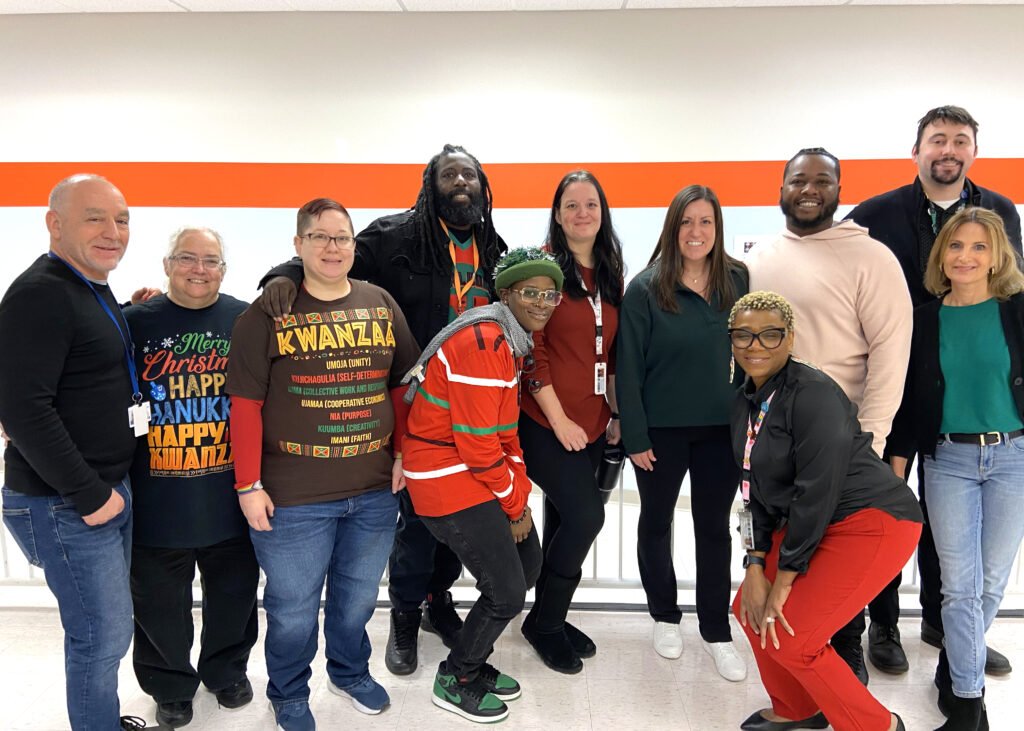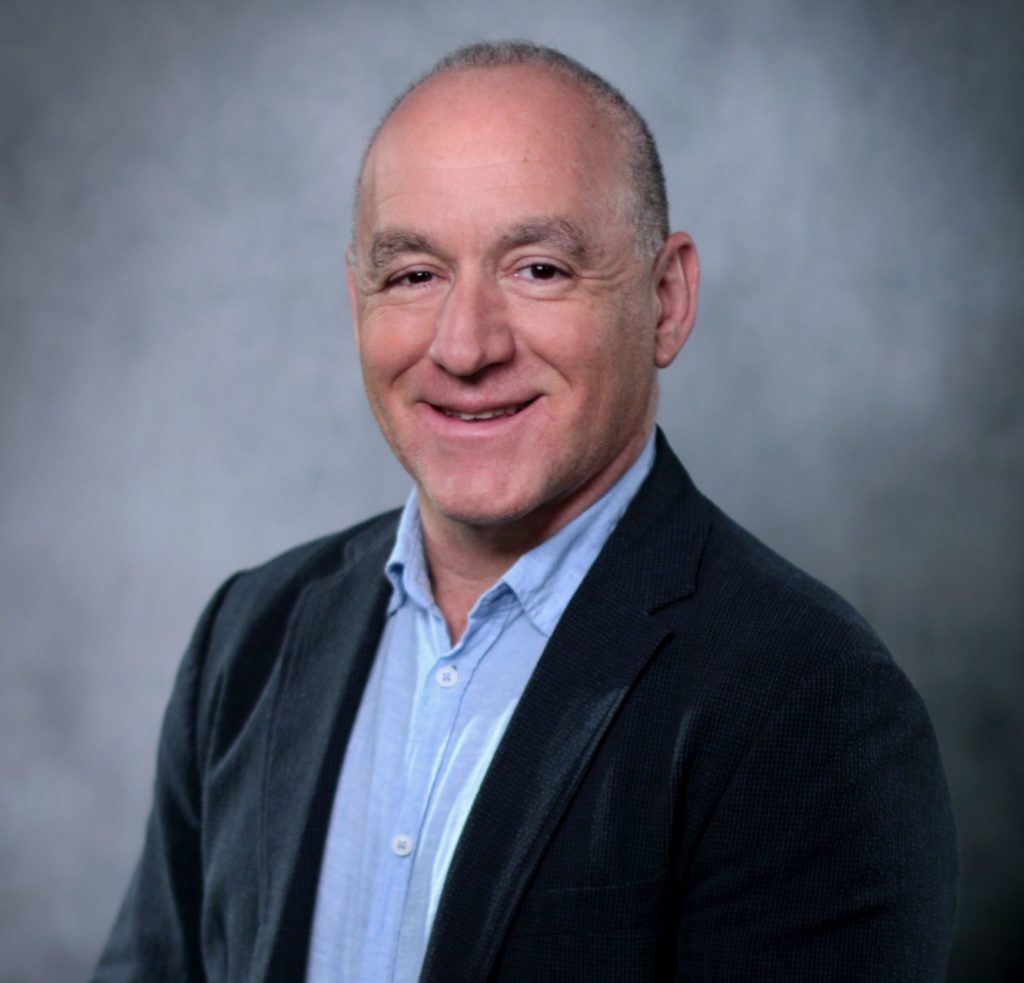Many parents and guardians may have questions and concerns regarding if and how to talk to their children when a tragedy such as the recent mass shooting in Las Vegas, Nevada occurs. Undoubtedly, this recent shooting has evoked many emotions in all of us. Children may struggle with their thoughts and feelings about the stories and images they may see and may turn to the trusted adults in their lives for help and guidance. The Academy360 Upper School Clinical Department has outlined the tips and guidance suggested by The National Child Traumatic Stress Network and the Center for the Study of Traumatic Stress.
Understanding Media Exposure
While it is possible to limit media consumption in your home, you may not have control over what your children see and hear outside of your home. It is best to limit your child’s exposure to media images and sounds of the shooting. Do not allow very young children (children under 7 years of age) to see or hear any TV/radio shooting-related messages. Even if they appear to be engrossed in another activity, children are often aware of what you are watching on TV or listening to on the radio. Media coverage can produce increased fears and anxiety in children. Very young children may not understand that the coverage and repetition of images of the events is a replay. They may think the event is continuing to happen or is happening again.
What Parents Can Do
Limit Younger Children’s Exposure to Media Coverage:
- The younger the child the less exposure she/he should have.
- Consider family activities away from television, radio, and internet.
Watch and Discuss with Children/Teens:
- Watch what they watch.
- Discuss the news stories with them.
- It is best to use communication (visual or verbal) that is clear and simple.
- Do not overwhelm young children with too much information. They might need concrete information to be repeated.
- After a child has brought something up, first ask his/her ideas so you can understand exactly what the concern is. Usually, children ask a question because they are worried about something specific.
- Give a reassuring answer. If you don’t know an answer to a question, it is okay to say, “I don’t know”.
- Ask older teens about what they have seen on the internet or what they have heard through social media in order to get a better sense of their thoughts, fears, and concerns.
- Be available to talk about children’s feelings, thoughts, and concerns and reassure them of their safety and of plans to keep them safe.
Monitor Adult Conversations:
- Be mindful of what you and other adults say about the recent shooting or the media coverage in front of children. Children often listen when adults are unaware and may misunderstand what they hear.
Let your Children Know about Successful Community Efforts:
- Reassure your children/teens that many people are working to help. This will give them a sense that adults are actively taking steps to keep people safe.
More information and additional resources:
- National Child Traumatic Stress Network
- Center for the Study of Traumatic Stress
- Child Mind Institute
Academy360 Upper School’s Clinical Department includes Jessica McMahon M.Ed., NCC, LAC, Alexandra Genova MSW, LSW, and Lauren Rubino M.Ed., NCC, LAC. The Clinical Department is dedicated to providing innovative, evidence-based services to our students and their families. We deliver a comprehensive counseling program that includes group therapies, individual counseling, and response services to best meet the growing needs of our school community. Our goal is to help students foster self-esteem, cultivate social skills, and maximize opportunities to develop independence and promote self-advocacy.


